Startup wins pitch competition for cancer innovations
A startup company launched by researchers at Waterloo Engineering won $50,000 this week in a pitch competition for cancer innovations.
Air Microfluidic Systems was co-founded last year by Carolyn Ren, WIN member and a professor of mechanical and mechatronics engineering, and one of her graduate students, PhD candidate Run Ze Gao.

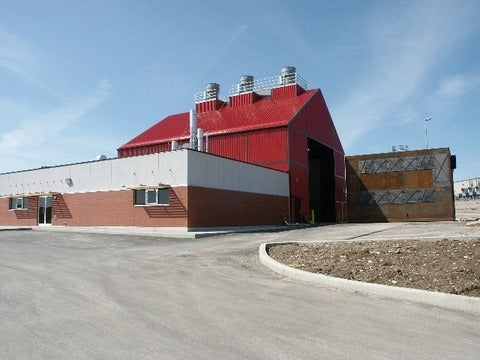
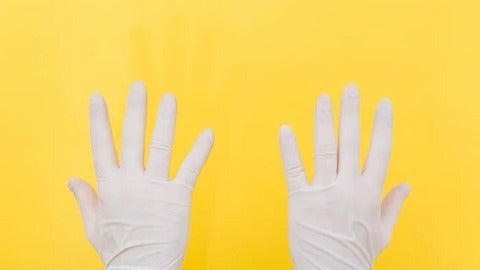
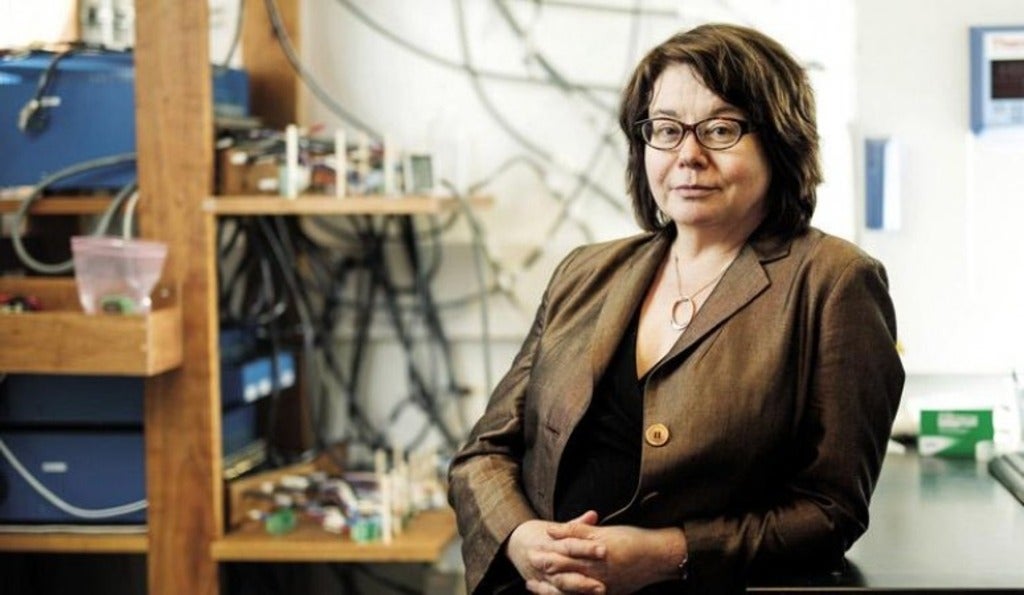
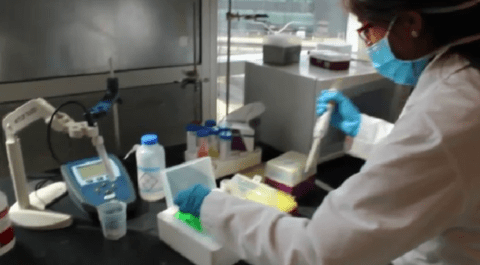
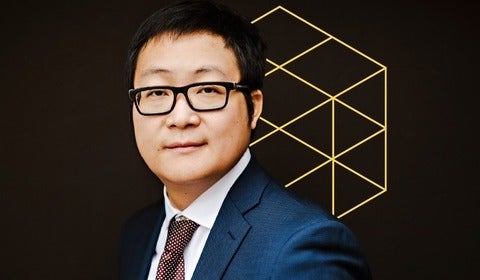
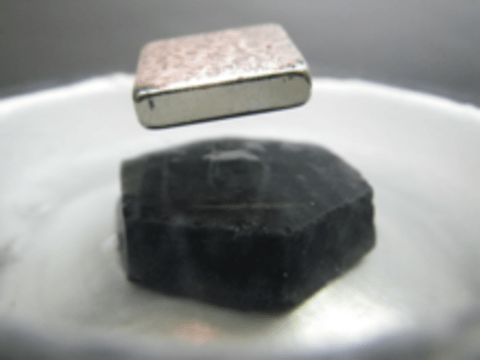
 Although physicists understand the properties of metals, insulators and semiconductors extremely well, the basic physics of high-temperature superconductors has remained a great mystery for over 30 years.
Although physicists understand the properties of metals, insulators and semiconductors extremely well, the basic physics of high-temperature superconductors has remained a great mystery for over 30 years.